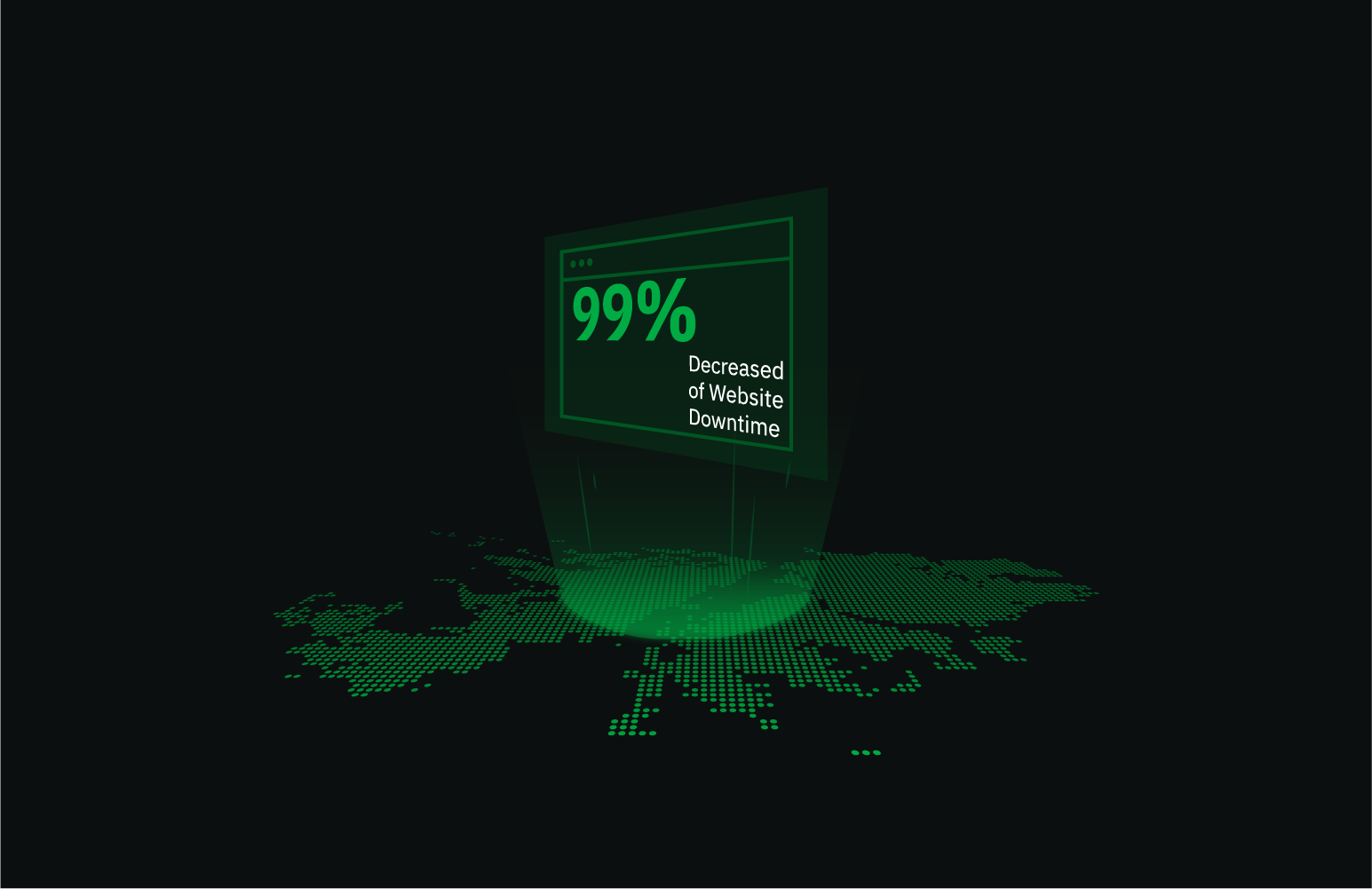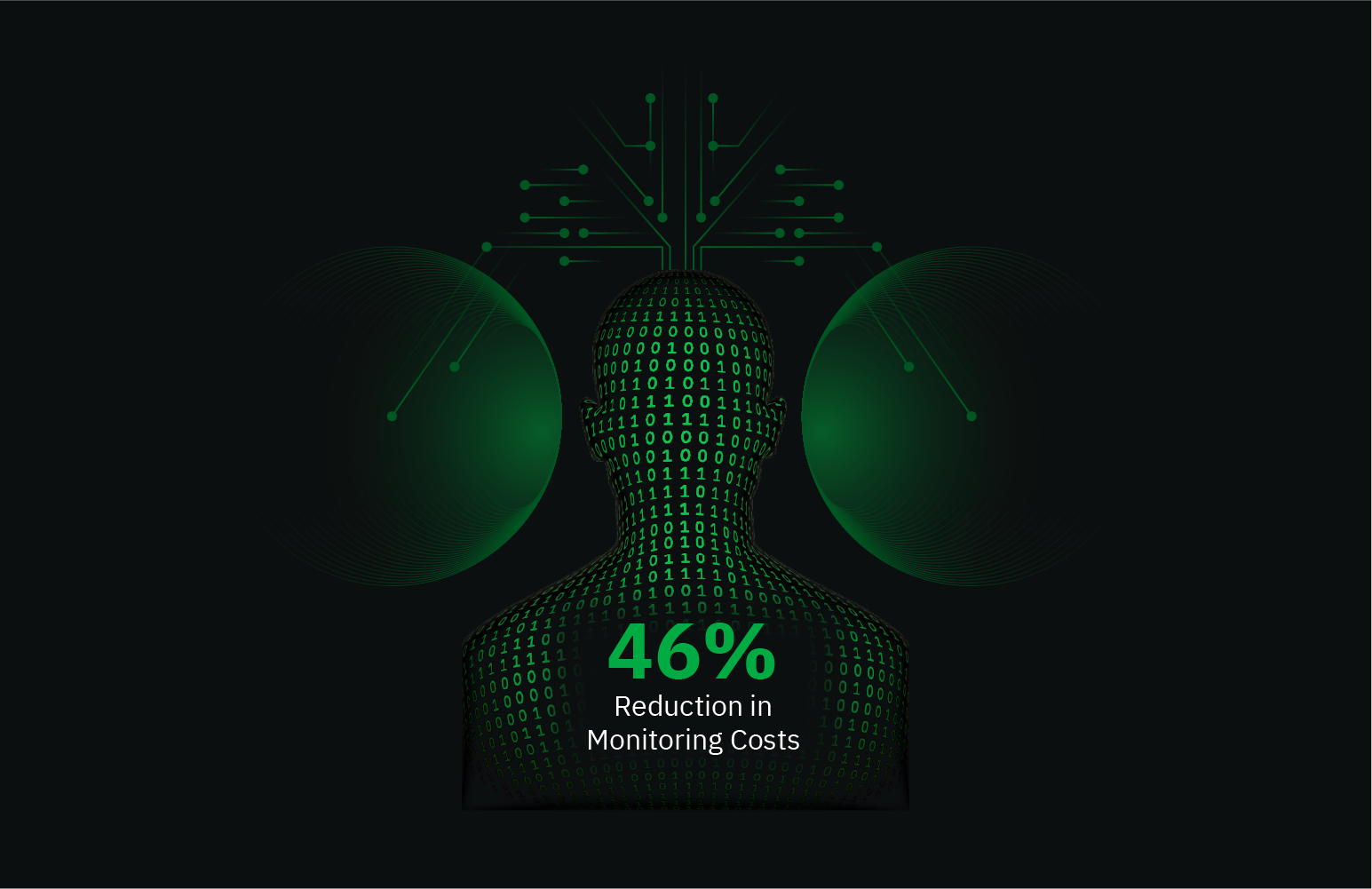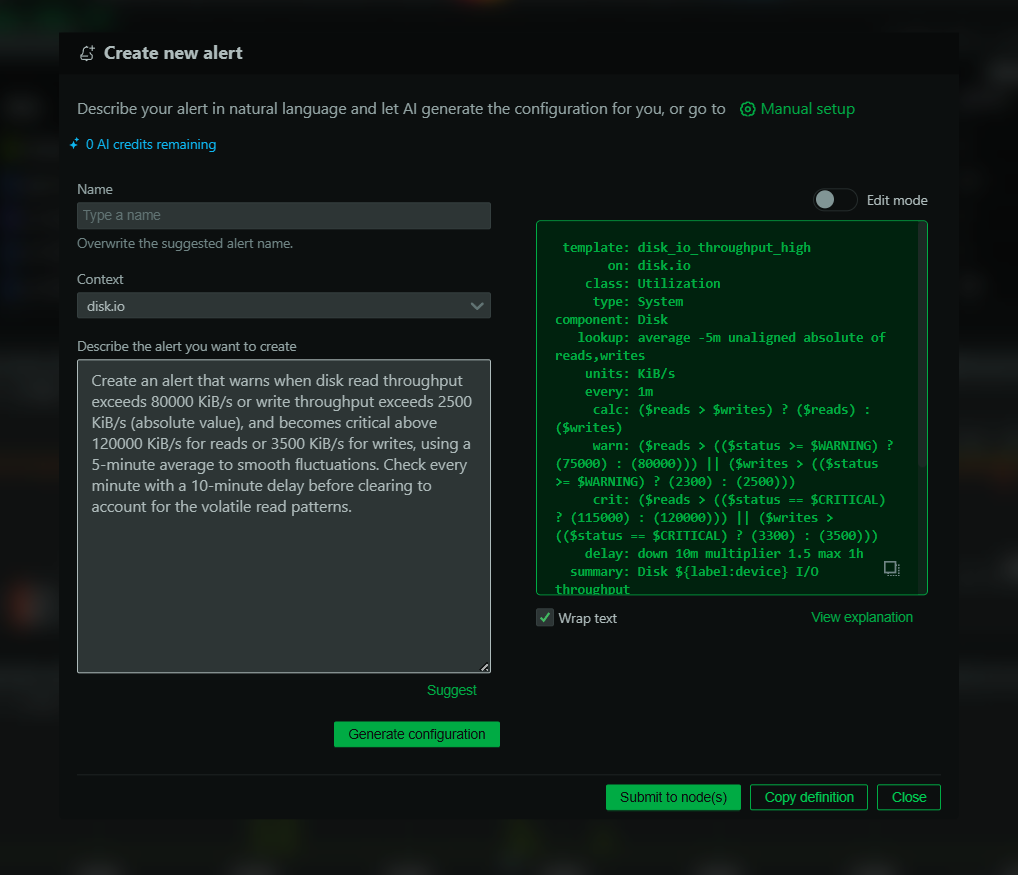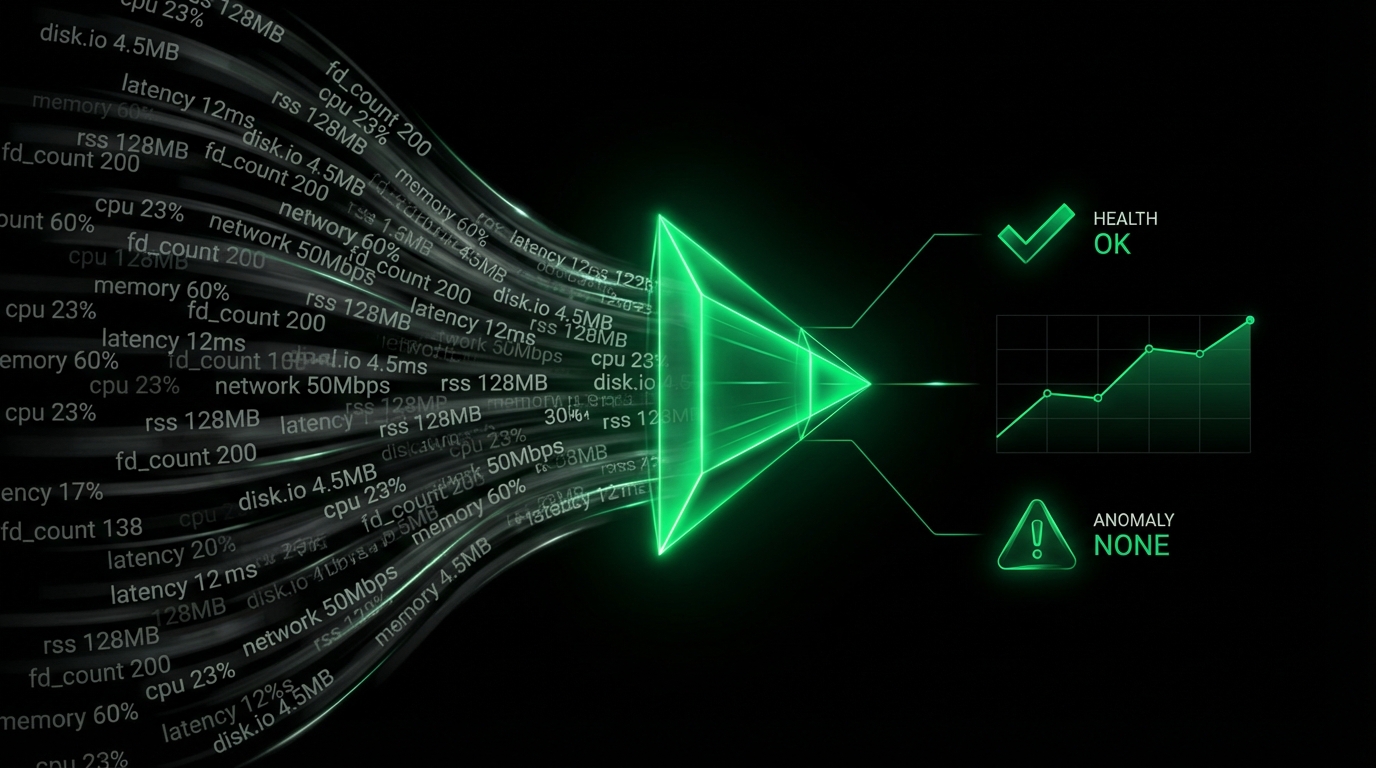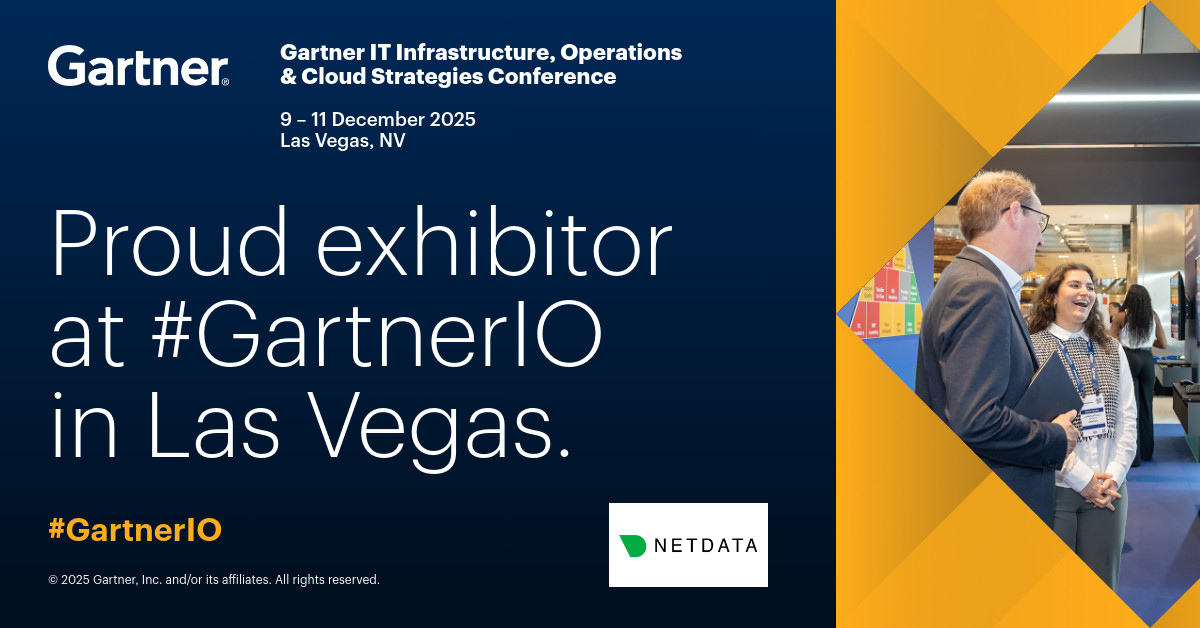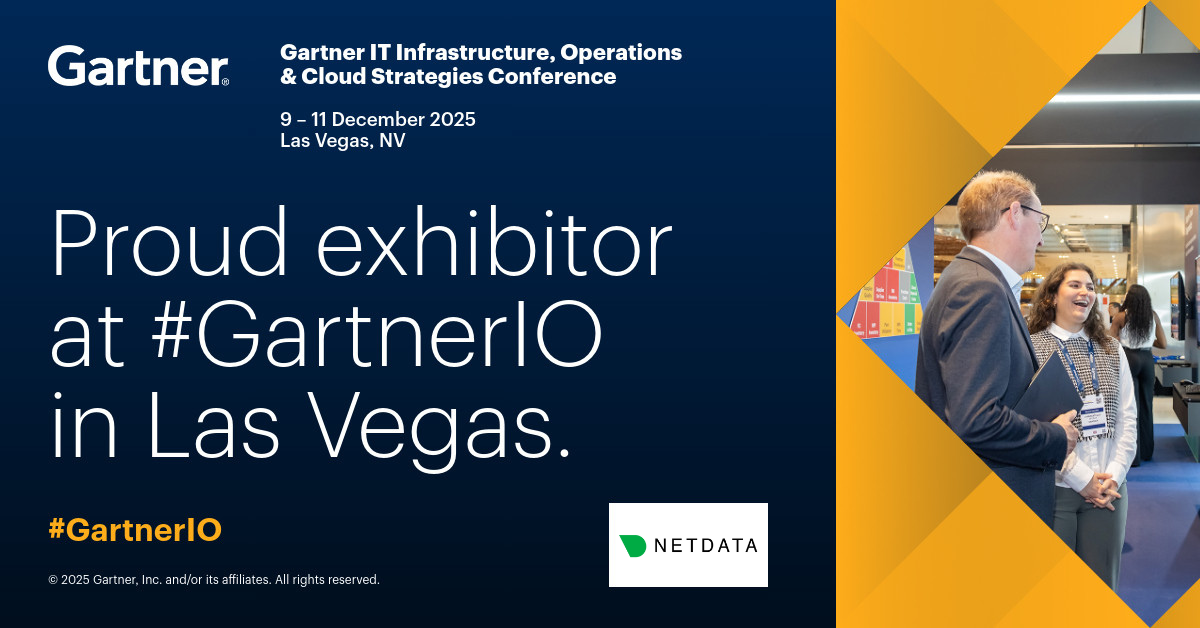Complete Observability Engines That Run Everywhere
Each Netdata Agent is a full monitoring system - collection, storage, ML, alerts, dashboards - working autonomously at the edge. Deploy in 60 seconds, monitor everything instantly, troubleshoot with AI. No configuration, no complexity, no compromise.


